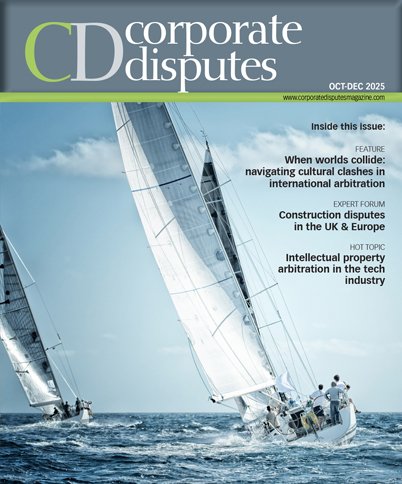THIRD-PARTY FUNDING IN ARBITRATION: NAVIGATING THE REGULATORY DILEMMA
Third-party funding (TPF) in international arbitration has garnered extensive debate in recent years, scrutinised over various issues including confidentiality and disclosure of the identity of third-party funders.
With the increasing interconnectedness of the global economy and more parties electing to resolve their disputes through arbitration, arbitration has become more complex and costly. In turn, the demand and international acceptance of TPF has accelerated.
According to the annual Queen Mary University of London and White & Case International Arbitration Survey (IA Survey) analysing trends in user preferences, the 2021 edition, titled ‘Adapting Arbitration to a Changing World’, noted 97 percent of responders are aware of TPF and hold a “generally positive perception”, with 37 percent having used TPF in international arbitration, and 8 percent finding TPF permissible in the jurisdiction as an adaptation to make the seat more attractive.
In the US, TPF for litigation more than doubled between 2017 and 2021, with funders maintaining a market share of $12.4bn in assets with new litigation financing commitment agreements worth $2.8bn, according to the US Government Accountability Office (see ‘Third Party Litigation Report to Congressional Requesters’ released in December 2022).
Despite demand, the US Federal Arbitration Act remains silent on TPF in contrast to other international jurisdictions, and US state laws vary significantly. However, there is movement toward uniform federal regulation on TPF litigation.
For example, Congressman Darrell Issa introduced ‘The Litigation Transparency Act’ before the House of Representatives Committee on the Judiciary on 7 February 2025, requiring written disclosure of the funder’s identity to the court and of all named parties, and disclosure of the funding agreement including any ancillary documentation, aligning more closely with global standards.

